Unlike other well-known human rights organizations, we work exclusively in Central America. Our deep knowledge and regional network give Cristosal a unique ability to detect broader patterns and bring together the expertise needed to make real progress on human rights issues.
We protect and defend human rights in Central America through a comprehensive strategy that includes:
- Direct programming with victims of human rights violations (legal services, social and emotional support, organizing, training, and community development)
- Educating and mobilizing the public to engage in civic action in favor of human rights
- Engaging with media to build public awareness about important issues and human impacts of human rights violations
- Working with governments at different levels to bring human rights focus to policy and service to the public.
Where We Work

Our Theory of Change
Cristosal’s theory of change begins with the idea that victims of human rights violations have rights which are established both in domestic law—primarily the constitutions—and international human rights frameworks and instruments. This is what we mean when we say they are “subjects of rights”. From there, we focus on the responsibilities of States towards all people as “duty bearers”. Governments have an obligation especially towards those who are in vulnerable conditions, such as victims of violence and violations of their fundamental rights.
We often begin by providing assistance and accompaniment to victims and the collectives to which they belong at the moment they require more support. Then we work towards building their capacities and knowledge, so they are in a better position to demand respect for their rights and to demand from the State and other actors the guarantee of rights for others like them. When victims and their groups make progress in the recognition of their rights, they organize and mobilize to demand that government actors at the local, national and regional levels recognize their responsibilities to respect and protect human rights through their actions, institutions, laws and policies.
Our Tools
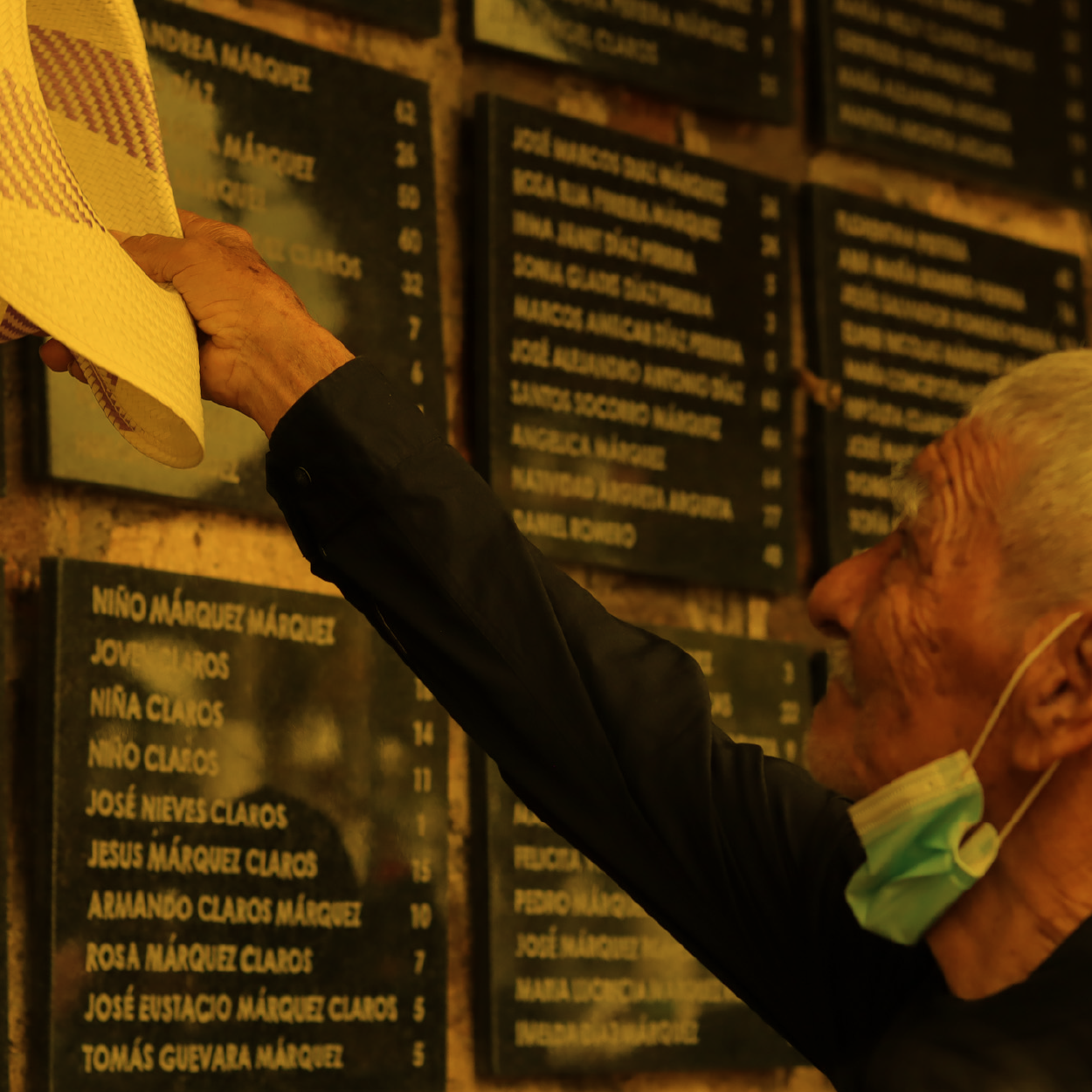
Strategic Litigation
Strategic Litigation means more than courtroom wins. Victims of human rights violations are accompanied in the process to seek justice, truth-telling, reparations, and the mental health and social support to rebuild their lives. Whether we are working with victims of human rights violations from past armed conflicts or accompanying mothers seeking information on the wellbeing of their sons detained under a state of exception, our goal is to use our tools for justice for the victims and for systemic change.
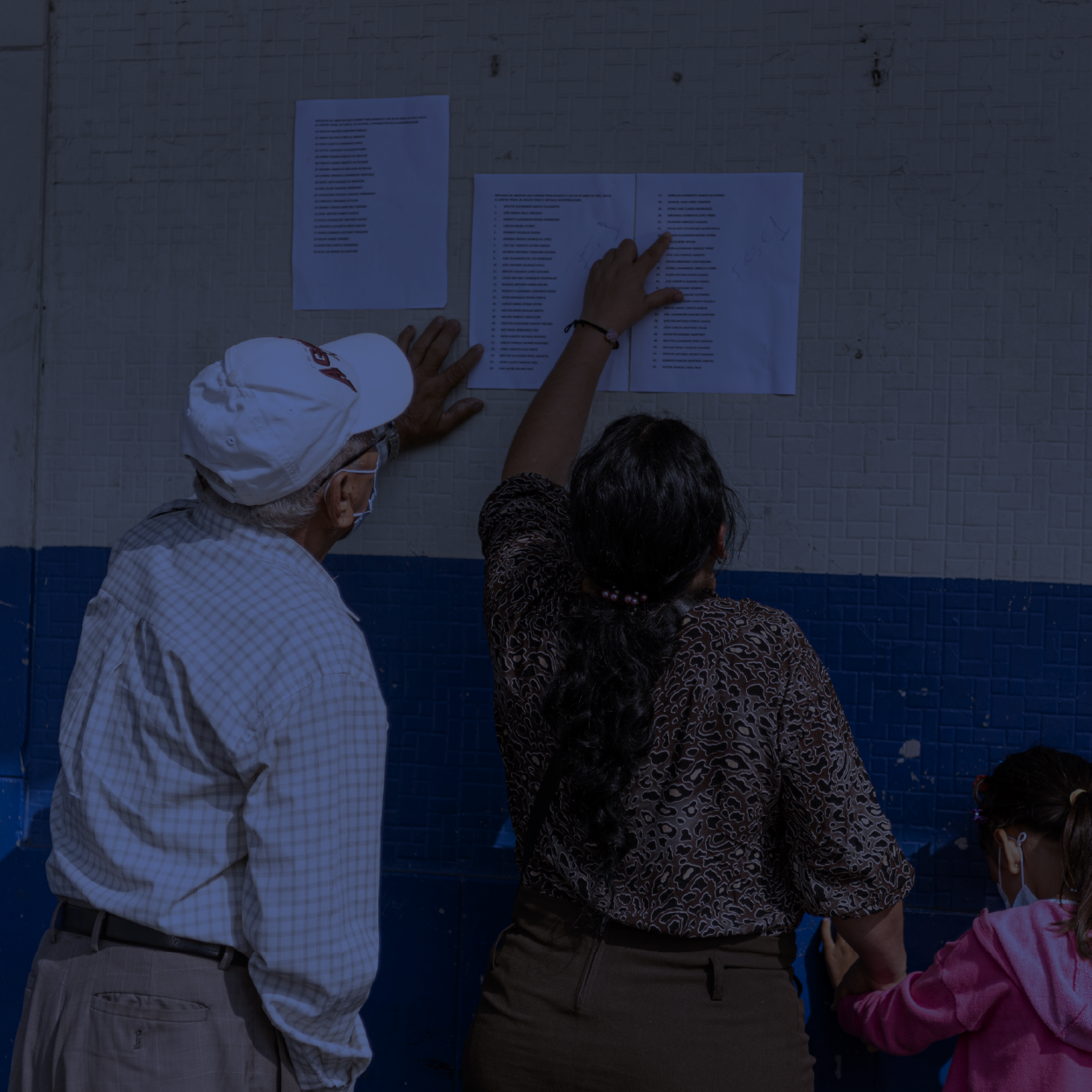
Human Rights Research
Our research makes the invisible, visible. Cristosal produces evidence at the regional, national and local levels on existing and emerging human rights phenomena. The lived experience of people affected by human rights violations guides the design, the research questions, and the use of the findings to give voice to their experience and reinforce their credibility in demanding accountability from those responsible for guaranteeing their fundamental rights.
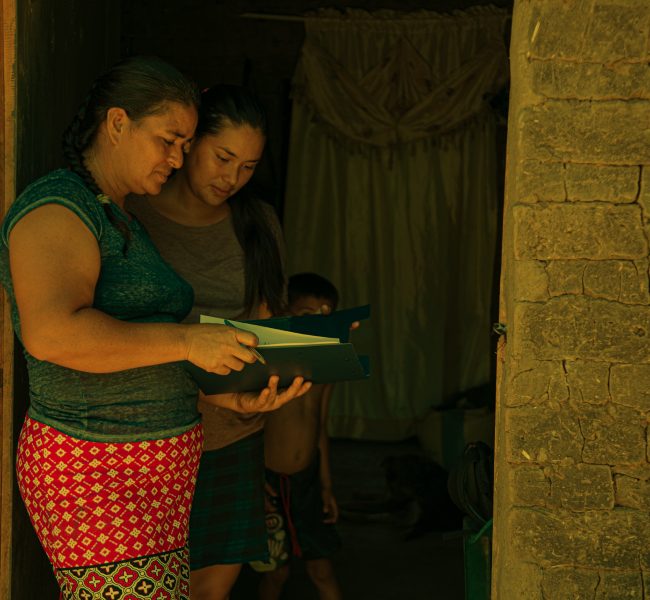
Strategic Communications
We use a variety of media to articulate voices from the resilient experience of victims and the organizations identified with the cause of victims for the promotion of a culture of respect for human rights. In contrast to narratives that stigmatize victims and human rights defenders, we creatively and persistently educate, denounce, and promote the dignity of every human being.
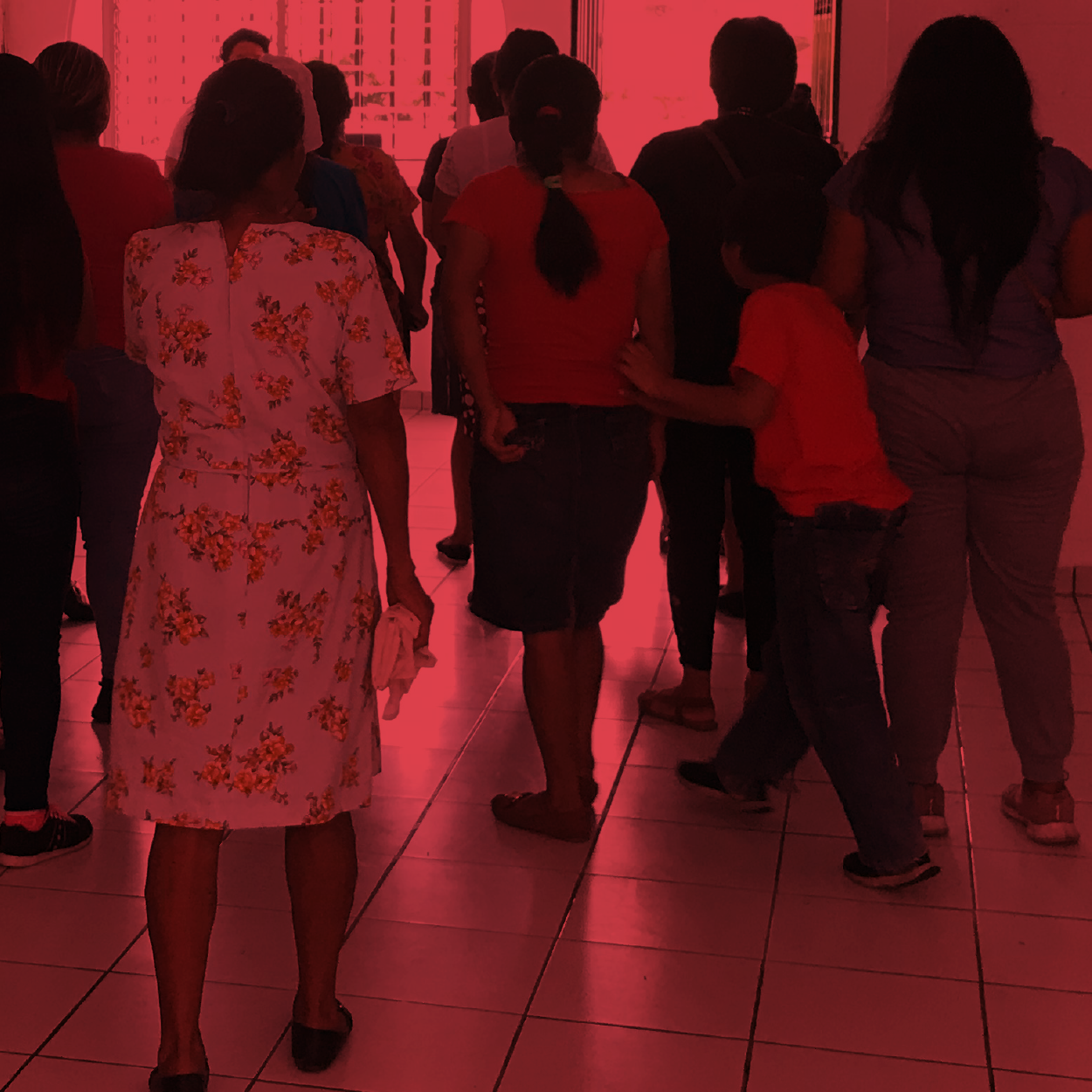
Protection
Cristosal’s victim-centered approach places protecting the rights and dignity of victims at the core of our work in defending human rights. We protect victims not only from their perpetrators but from stigmatization, discrimination, retaliation and re-victimization throughout the process of reporting abuses, seeking justice, claiming reparations, and building durable solutions as they re-make their lives.
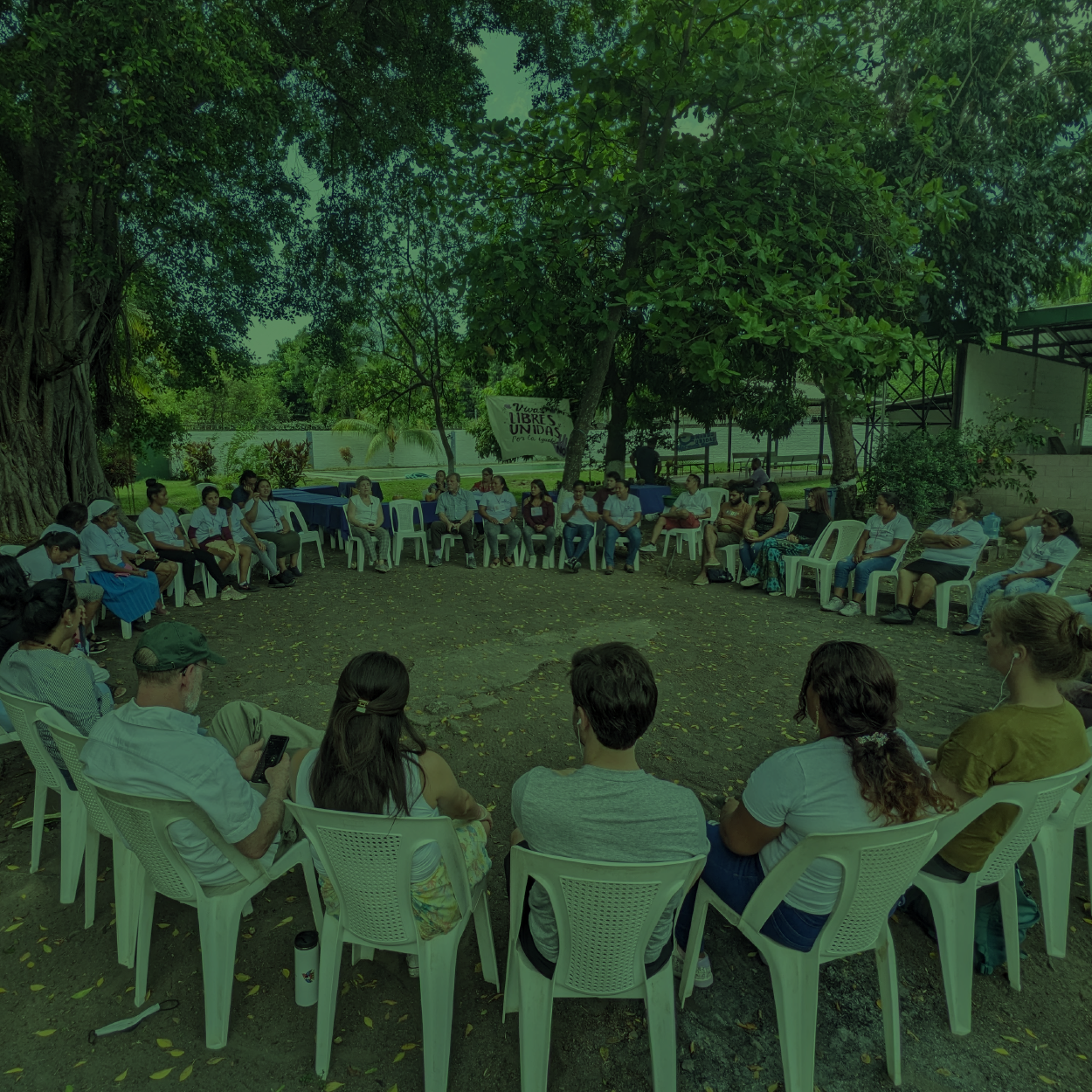
Human Rights Education
We believe that human rights education can help to build more just, inclusive, and equitable societies. Cristosal uses dialogue, experience-based and horizontal learning as a tool to promote the empowerment of victims in their rights and to strengthen the community of allies and leaders for human rights. We promote dialogue and learning throughout the Americas to build solidarity and allyship across borders and cultures.

